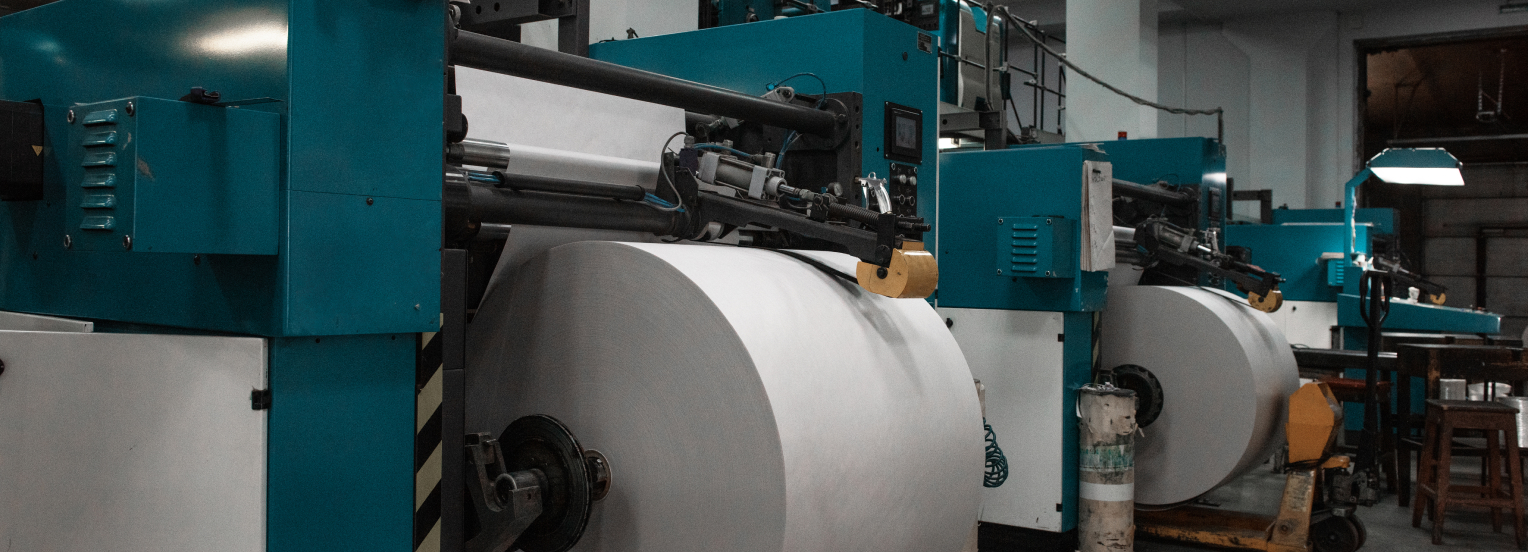
The Paper and Pulp industry stands as a crucial industry, playing a substantial role in the production of paper, paperboard, and related items. This field involves the extraction of wood fibres from trees, their conversion into pulp, and subsequent manufacturing of diverse paper commodities for a broad array of applications. Within the pulp and paper domain, effective management of wastewater and odour emissions emerges as pivotal due to the substantial volumes of effluents generated and the potential release of odorous compounds throughout different processes. As environmental apprehensions steadily augment, the sector is actively embracing sustainable methodologies, aiming to curtail emissions, enhance resource efficiency, and cultivate responsible practices. By adopting conscientious approaches, the paper and pulp industry aspires to harmonize its economic significance with ecological conscientiousness.
The industry generates notable volumes of wastewater, containing organic constituents, lignin, and chemicals utilized in pulping and bleaching procedures. Proficient wastewater treatment systems, including anaerobic digestion, aerobic treatment, or chemical precipitation, are employed to eliminate pollutants, ensuring adherence to environmental statutes before discharge.
Wastewater resulting from the pulping process often carries elevated nutrient content, especially nitrogen and phosphorus. Managing nutrient levels becomes indispensable to forestall eutrophication in recipient aquatic ecosystems. Implementation of water recycling and reclamation practices serves to curtail overall water consumption and mitigate the magnitude of wastewater production. Further, consistent monitoring of effluent quality stands indispensable to guarantee the efficacy of treatment protocols and conformity with discharge permissions.
Strategically optimizing specific procedures, such as pulping or digestion, holds the potential to diminish the generation of odorous compounds and curtail their dispersion into the surroundings. Proficient containment and remediation systems, including thermal oxidisers and biofilters, are utilised to govern and stop the release of odoriferous emanations at various stages spanning pulping, bleaching, and wastewater treatment. Odour surveillance, achieved through periodic monitoring, assumes significance in facilitating the identification of plausible sources and the appraisal of the efficacy of odour control measures. Ensuring a secure and salubrious work environment remains of paramount importance, and effective odour control strategies not only shield employees from potential exposure to noxious odours but also underscore the industry’s commitment to their welfare.
Collectively, by addressing the imperatives of wastewater management and odour regulation, the pulp and paper sector can abate its ecological footprint, uphold adherence to regulatory frameworks, and manifest its dedication to sustainable paradigms. Furthermore, the implementation of efficient wastewater treatment practices and adept odour management can bolster the industry’s repute and fortify its endeavours in the realm of social responsibility
Elixir Enviro excels in providing effective wastewater management and odour control solutions for the paper and pulp industry. With a strong reputation in wastewater treatment modelling, optimization, and innovative odour control technologies like biofilters and the Oizom odour monitoring system, Elixir Enviro presents detailed and sustainable strategies. Our expertise significantly contributes to the industry’s goals of reducing environmental impact, ensuring compliance, and promoting responsible practices
Municipalities play a crucial role in environmental protection through a variety of activities and initiatives.
The food and beverage industry is a vast and diverse sector that involves the processing, manufacturing, packaging, and distribution of food and beverage products for human consumption.
The pharmaceutical industry is a vital sector that plays a critical role in healthcare by discovering, developing, manufacturing, and distributing medications and medical products.
The petrochemical industry is a crucial sector that plays a significant role in the global economy by producing a wide range of chemicals and materials derived from petroleum and natural gas.
Wastewater treatment plants play a critical role in protecting the environment by treating and removing pollutants from wastewater before it is discharged into water bodies or reused.
Fish processing industries are businesses involved in the transformation of raw fish and seafood into various processed products for human consumption and other uses.
The mining industry is a sector that involves the extraction of valuable minerals, ores, and other geological materials from the Earth’s crust.




